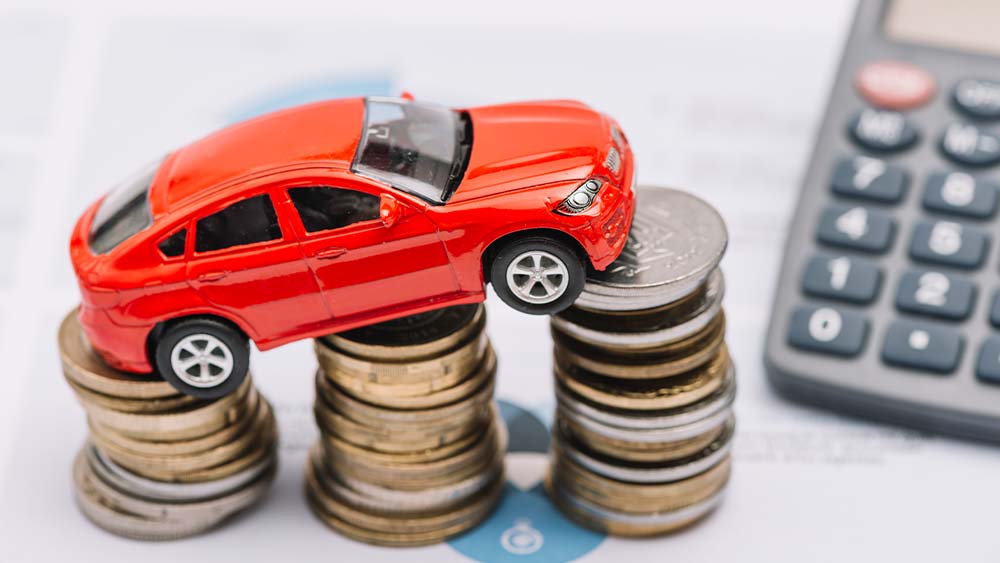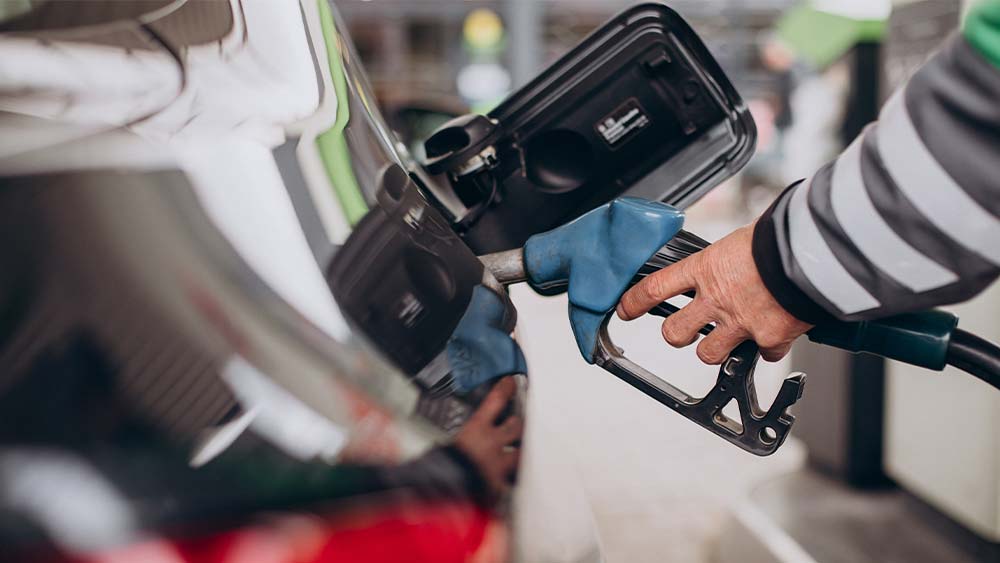Top Factors to Consider When Buying a Car

Purchasing a car can be an exciting and overwhelming experience. With so many options available, it’s important to keep certain factors in mind to ensure you make the right decision. Whether you’re buying your first car or upgrading from your current one, this guide will provide you with essential tips to consider before making a purchase. From budget and reliability to safety and fuel efficiency, these seven factors will help you make an informed decision and find the perfect car for your needs.
7 Most Important Things To Keep In Mind When Purchasing A Vehicle
Several important factors have been considered in your car-buying decision
1. Budget

Before starting your search, determine how much you can afford and stick to that budget. Keep in mind that not only do you need to consider the cost of the car itself, but also additional expenses such as insurance and maintenance. If your budget is tight, consider looking into used vehicles that may offer better value for your money. Don’t be tempted to overspend, as it can lead to financial strain in the long run. Find a car that fits within your budget and meets your needs at the same time. By considering used vehicles, you may also have more options in terms of features and models within your budget. Used cars often have lower depreciation rates, meaning you may be able to resell the car for a similar price in the future if needed.
Also Read: Top Fastest Cars Under 20k
2. Reliability
When purchasing a car, consider its reliability. Look into the vehicle’s track record for maintenance and repair costs, as well as any common mechanical issues that may arise. This information can usually be found online through reviews and ratings from previous owners. You want to make sure you’re getting a car that will last and won’t require frequent costly repairs. Research the manufacturer’s warranty and what it covers.
3. Safety
The safety of the car is a crucial factor to consider when making a purchase. Look into the crash test ratings and safety features of the car, such as airbags, anti-lock brakes, and electronic stability control. These features can greatly reduce the risk of injury in case of an accident. You may want to consider purchasing a car with advanced safety features like blind spot monitoring and lane departure warning to further enhance your safety while driving.
4. Fuel Efficiency

Fuel efficiency is another important factor to consider when purchasing a car. A fuel-efficient vehicle can save you money on gas in the long run, making it a more cost-effective choice. Look into the car’s miles per gallon (MPG) rating and compare it to other models in its class. Consider if you will be using the car for daily commutes or longer trips, as this can affect your fuel efficiency needs. In addition, electric and hybrid cars are becoming increasingly popular for their low cost of gas and environmentally friendly options.
5. Features and Options
Think about the specific features and options that hold significance for you when choosing a car. Do you need a spacious trunk for storage? Are heated seats a must-have for colder climates? Make a list of your top priorities and use it as a guide when comparing different models. Keep in mind that additional features may come with a higher price tag, so decide which ones are essential and which ones you can live without. Consider the long-term benefits of certain features, such as a navigation system or backup camera, that can make your driving experience more enjoyable and convenient.
6. Resale Value
When purchasing a car consider its resale value. This is the amount of money you can expect to receive if you decide to sell your car in the future. Factors such as brand reputation, market demand, and overall condition of the car can affect its resale value. It’s worth investing in a car with good resale value, as it will hold its value better over time and potentially save you money in the long run. Cars with a higher resale value can also be easier to sell when it’s time for an upgrade or if you need the funds for unexpected expenses.
7. Test Drive

Finally, before making a decision, take the car out for a test drive. This is the best way to get a feel for the car and see if it meets your expectations. Take note of how it handles, accelerates, and brakes. Pay attention to any unusual noises or vibrations while driving. It’s also important to test out all the features and options that are important to you. Ask questions or request a longer test drive to get a better sense of the car’s performance.
Conclusion:
Purchasing a car requires careful consideration and research to find the perfect vehicle for your needs. By keeping these seven factors in mind, you can make an informed decision and feel confident in your purchase. Don’t rush into a decision, take your time to compare different models and choose the one that best meets your needs and fits within your budget. Happy car hunting!
Read More: Best Used Luxury Cars Under 30K

news via inbox
Sign up and never miss out on the latest news and updates at HighStuff




